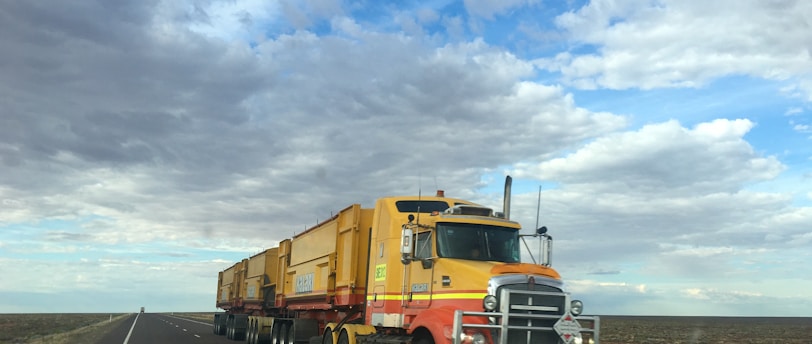The Ultimate Moving Guide: How to Relocate Without a Vehicle


Understanding the Challenge of Moving Without a Vehicle
Relocating to a new home can be an exciting yet daunting task, especially when you don't have your own vehicle for transportation. Many individuals face this challenge due to various reasons, such as living in urban areas with limited parking or simply not owning a car. However, with careful planning and the right strategies, you can successfully navigate this process. This guide will provide essential tips on arranging a moving company, packing effectively, and preparing for the move.
Arranging a Moving Company
The first step for those without a vehicle is often to hire a professional moving service. Various companies specialize in assisting individuals in similar situations. When selecting a moving company, consider the following:
Research Options: Look for moving companies that provide quotes and services tailored to your needs. Online reviews and recommendations from friends or family can also offer valuable insights.
Get Multiple Quotes: By comparing several companies, you can ensure you select a service that fits your budget. Be sure to ask about any hidden fees that might apply.
Check Credentials: Ensure that the mover is licensed and insured to avoid any complications during the move.
Some companies even offer additional services such as packing and unpacking, which can be incredibly helpful when you’re juggling multiple tasks during the relocation process.
Packing Tips to Maximize Efficiency
Packing can be one of the most challenging parts of relocating without a vehicle. Here are some effective tips to make it easier:
Declutter Before You Pack: Before you even start packing, take some time to declutter your belongings. Donate or discard items that you no longer need. This will not only lighten your load but also simplify the packing process.
Use Recyclable Materials: Instead of buying new packing supplies, consider using boxes from local stores or reusing old packing materials. This is environmentally friendly and can save you money.
Label Everything: Clearly label each box with its contents and the room it belongs to. This will help both you and your moving company understand where everything should go.
Efficient packing can significantly reduce the time it takes for your movers to load and unload your belongings, making the process smoother.
Preparing for the Move
Preparation is key when relocating without a vehicle. Here are some additional considerations:
Schedule Your Move: Try to choose a moving date during off-peak hours. Weekdays are often less busy than weekends, which might help in securing better rates with moving companies.
Stay Organized: Keep a checklist that outlines daily tasks leading up to the move. Include things like notifying utility companies and updating your address with relevant institutions.
Coordinate with Movers: Communicate clearly with your moving company about arrival times, accessibility, and any specific requests you may have.
By following these tips, you can ensure a smooth transition even without a vehicle at your disposal. Proper planning and organization are essential for a successful move, allowing you to focus on starting this new chapter in your life.
Benefits of using DisposeGo transport
Instant, free freight rates & quotes
Custom solutions for your business needs
24/7 access and shipment tracking
Online shipment booking tools
Wide variety of services
Industry expertise
Contact Us
contact@disposego.com
© 2024. All rights reserved.
Support Hours:
Monday - Friday
8:00 AM - 5:00 PM EST
Subscribe To Our Blog
951-224-7472
